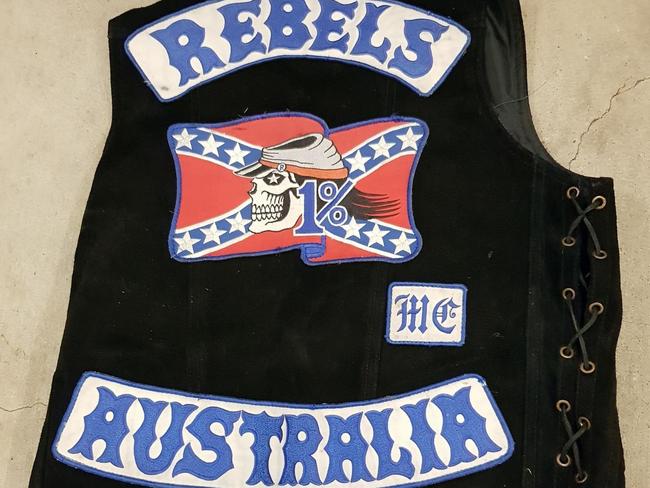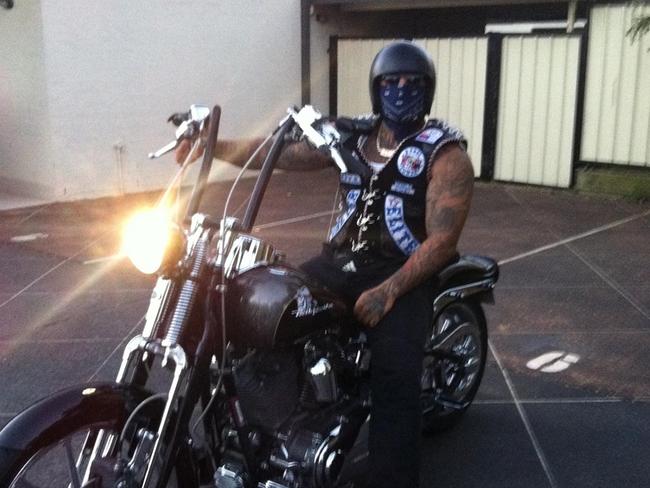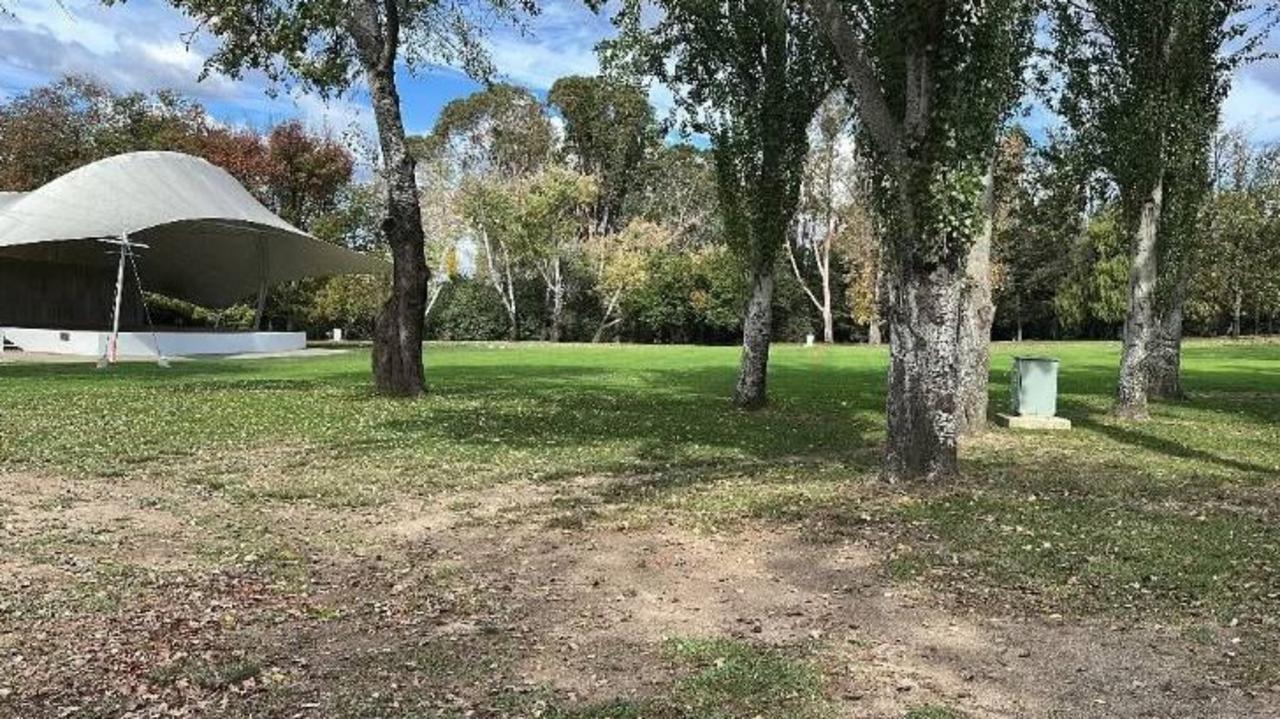Anti-bikie laws necessary to protect public, High Court hears
Anti-bikie orders forbidding Rebels bikies from associating are necessary to protect the public, Australia’s highest court has heard.
Orders preventing alleged members of the Rebels outlaw motorcycle gang from associating would only be imposed to protect the public, Australia’s highest court heard today.
Damien Vella, Johnny Vella and Michael Fetui have launched a constitutional challenge against Serious Crime Prevention Orders sought against them by NSW Police in a landmark case that will have enormous ramifications for how agencies combat organised crime.
Police allege the men are Rebels members, with Damien Vella being the acting national president of the gang, and the orders are necessary to protect the public.
The orders would prevent the trio from associating with other bikies, travelling in a vehicle between 9pm and 6am, approaching certain premises, possessing more than one mobile phone or using encryption devices.

On Tuesday, lawyers for the men told the full bench of the High Court of Australia the orders substantially impair the institutional integrity of the NSW Supreme Court.
“The SCPO Act erects in substance an alternative criminal justice regime, significantly more favourable to the State and less favourable to accused persons,” the lawyers stated in a submission to the court.
The orders mirror laws from the UK and can be imposed on a person even if they are acquitted of a serious crime, or the charges are dropped, in circumstances where the court believes an order would protect the public.
In the case where a person has been convicted of a crime in the past, the order means they are being punished for an act they have already been sentenced for, the submission added.

However NSW Solicitor-General Michael Sexton argued the orders are not aimed at punishing people for past offences but rather at protecting the public from serious criminal activity in the future.
He said the court would need to be satisfied the orders would protect the public by preventing, restricting or disrupting involvement in serious crime related activities.
“Courts are often called on to make predictions of danger to the public,” he said.
Attorneys-General in Victoria, Queensland, Western Australia and South Australia have intervened and made submissions in the case.
Commonwealth of Australia Solicitor General Stephen Donaghue told the court it would need to balance the need to protect the public with the “autonomy” of the individual.
He said the court is only empowered to make the order if there is a real likelihood or probability the person would engage in serious criminal activity.
The court needed to have “a positive inclination of mind” that the order would inhibit criminal activity that would endanger the public, he said.


